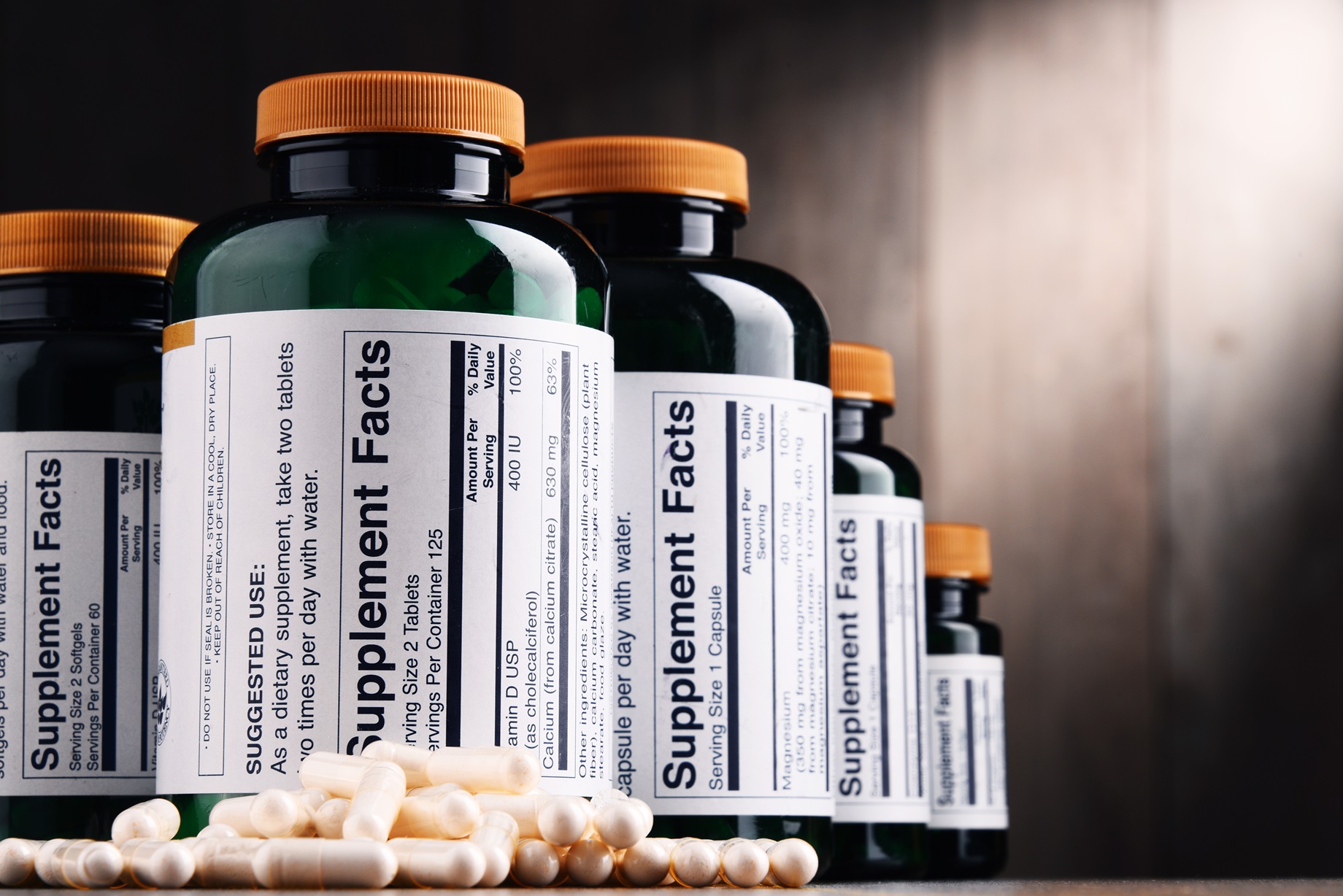As our population ages and people live longer, memory supplements have begun to increasingly grow in popularity. These supplements have ingredients such as apoaequorin, coenzyme Q10, coffee extracts, L-theanine, omega-3 fatty acids, vitamin B6, vitamin B9, vitamin B12, ashwagandha, choline, curcumin, ginger, Lion’s Mane, polyphenols, phosphatidylserine, turmeric, carnitine, gingko biloba, Huperzine A, vitamin D, and vitamin E [1]. Some supplements claim to improve memory, cognitive ability, brain health, and even prevent or cure Alzheimer’s [2]. But how accurate are some of these claims and how does the FDA regulate these supplements?
Under the Dietary Supplement Health and Education Act of 1994 (DSHEA), the FDA has the authority to regulate dietary supplements, including those for memory. Dietary supplements are meant to be added to a normal diet for supposed health benefits whereas a drug is meant to treat, diagnose, or cure diseases [3]. Supplements do not need any pre-market approval and are regulated by the FDA as food. In contrast, drugs require extensive clinical trial and FDA approval before they can be marketed and sold to consumers. FDA does not approve supplements for safety and effectiveness, so the FDA does not evaluate claims such as improved cognitive ability. Supplements also must be labeled properly with nutrition information, servings, ingredients, and a statement showing it is a supplement [3].
Typically, FDA begins regulating supplements after they are already on the market and will inspect facilities to ensure they are using Good Manufacturing Practices and meeting labeling requirements. FDA also does ensure that supplements do not include statements that claim to treat, diagnose, or cure diseases since that would make the product fall into the drug designation, which must be approved by the FDA. So, any supplement that makes claims about treating, delaying, or curing Alzheimer’s should be avoided and reported on the FDA website [4]. If you need assistance determining whether your new product should be marketed as a dietary supplement or a drug, EMMA International can help make that designation and create a regulatory strategy for your company.
EMMA International is here to provide full-circle solutions for all aspects of the dietary supplement and pharmaceutical industries. Give us a call at 248-987-4497 or email us at info@emmainternational.com to learn more about how EMMA International can take the stress out of quality and regulatory compliance!
[1] Hersant, He, Maliha, and Grossberg (2023) Over the Counter Supplements for Memory: A Review of Available Evidence, Retrieved on 19 November from: https://pubmed.ncbi.nlm.nih.gov/37603263/
[2] Brody (2023) Brain Supplements That Do and Don’t Work, Retrieved on 19 November from: https://www.webmd.com/brain/ss/slideshow-brain-supplements
[3] FDA (2022) FDA 101: Dietary Supplements, Retrieved on 19 November from: https://www.fda.gov/consumers/consumer-updates/fda-101-dietary-supplements
[4] FDA (2021) Watch Out for False Promises About So-Called Alzheimer’s Cures, Retrieved on 19 November from: https://www.fda.gov/consumers/consumer-updates/watch-out-false-promises-about-so-called-alzheimers-cures




